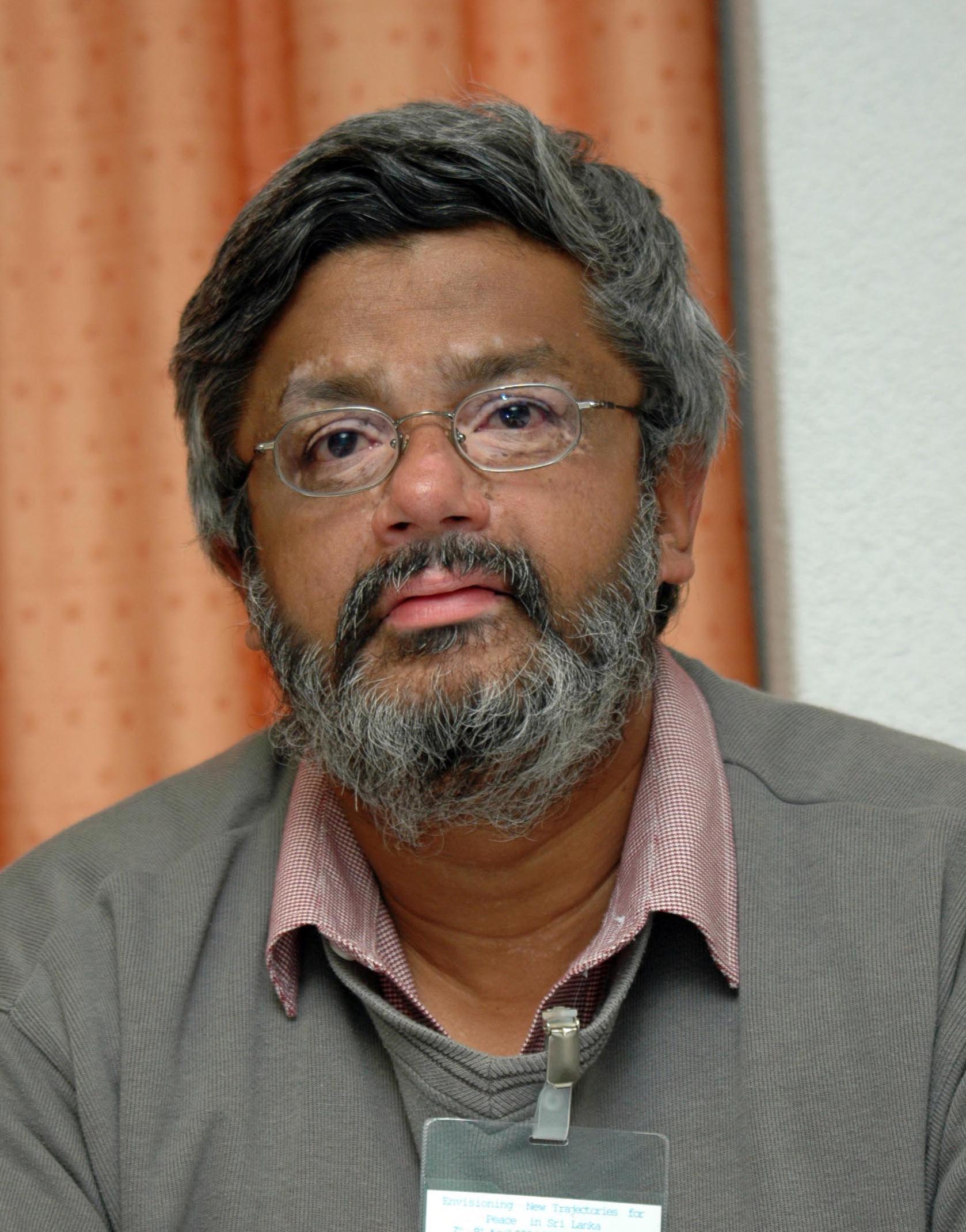
The Sri Lankan government announced that Viraj Mendis, the Sinhalese chairperson of the International Human Rights Association – Bremen (IMRV), has been added to their list of known “terrorists” in an updated gazette notification that has been slammed as a "escalation in political repression".
Mendis, who joins dozens of other Tamils who have been on the list, is accused of “funding terrorism”.
“The listing by the Sri Lankan State of someone whose real crime has been to campaign strenuously against the criminalisation of the Tamil struggle, shows an escalation in political repression,” Mendis told the Tamil Guardian this week.
“The continuation of the criminalisation of the oppressed (Tamils) by the oppressor (Sinhalese) – portraying those who are victims of a greatest injustice (Genocide) as being the real criminals – continues to this day. The Tamil people’s resistance movement (the LTTE) that fought against the genocidal attack is still characterised as terrorist. Tamils who collected money in the Diaspora to send to their homeland are themselves called terrorists. So, characterising a Sinhalese progressive who strenuously challenges this narrative as being also a terrorist is only an extension of this monstrous state of affairs.”
Mendis went on to criticise the European Union for listing the LTTE as a terrorist organisation, stating that it “severely undermined” peace efforts at the time.
“The Sri Lankan State and its powerful international allies succeeded in characterising the Tamil people’s resistance movement – the LTTE – as terrorist and ratified this legally in several parts of the world,” said Mendis.
“It is difficult to dispute that the listing of the LTTE by the EU in 2006 severely undermined the Sri Lankan peace process by strengthening the international and Sri Lankan forces that called for a military solution to the Tamil question. Our organisation the IMRV initiated several campaigns to support the peace process – www.negotiatedpeace.org and www.friedenfuersrilanka.de. We and others were unsuccessful in our efforts – resulting in war.”
“The EU listing also made it possible - during the period of the terrible war - to restrict the Tamil Diaspora in their efforts to politically and financially support their brothers and sisters undergoing the most intense suffering in their homeland. After the massacre in 2009 which ended the war, IMRV together with the ‘Irish Forum for Peace in Sri Lanka’ organised two tribunals. The first in Dublin which ruled that the Sri Lankan state was guilty of ‘war crimes’ and ‘crimes against humanity’ (see: www.pptsrilanka.org) and the second in Bremen which ruled that the crime against the Eelam Tamils was indeed Genocide and that the USA and UK were complicit in the crime (see: www.ptsrilanka.org).”
He went on to tell reporters that the timing of the listing was likely in response to a Swiss court decision last year, which ruled that the LTTE could not be considered a criminal organisation.
“For the first time after the EU ban of the LTTE in 2006, after numerous Tamils have been received prison sentences for collecting money in western countries – there was a positive decision for the Tamils in Bellinzona,” said Mendis. “The Swiss decision is a blow for the narrative of the Sri Lankan state – a narrative which has been augmented and amplified by the international forces that played such an important part in the war of extermination.”
“That a court in a European country should spend so much time and effort on this matter and come up with a decision that is completely at odds with their characterisation of what happened cannot be tolerated by Sri Lanka and its allies.”
However Mendis remained determined that the listing would not deter his efforts towards justice.
“To make it worse, we had promised that we will build on the Swiss victory to continue our pursuit of justice – by exposing the architecture of the Genocide and the motives of the perpetrators by mapping out the diabolical interplay between certain international powers and the Sri Lankan state,” he said. “Whoever initiated my listing is expecting that they can create enough fear that people will distance themselves from our organisation and thereby fatally undermine our endeavours. Watch this space.”
See more of IMRV’s work here.
We need your support
Sri Lanka is one of the most dangerous places in the world to be a journalist. Tamil journalists are particularly at threat, with at least 41 media workers known to have been killed by the Sri Lankan state or its paramilitaries during and after the armed conflict.
Despite the risks, our team on the ground remain committed to providing detailed and accurate reporting of developments in the Tamil homeland, across the island and around the world, as well as providing expert analysis and insight from the Tamil point of view
We need your support in keeping our journalism going. Support our work today.
For more ways to donate visit https://donate.tamilguardian.com.

